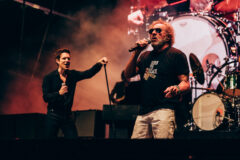When I was 16 years old, my friend Virginia told me that a disproportionate number of drivers who get pulled over for speeding are listening to “Life Is a Highway.” This seems plausible, though I don’t know how you’d prove it, short of a multi-year NIH-funded study—which, to be clear, I do believe would be a worthy use of our taxpayer dollars.
Ever since hearing this urban legend, I’ve wanted hard numbers. I do, after all, fancy myself something of a data analyst. Are there certain songs that are most likely to bring out everyone’s inner speed demon, and are those songs about highways? Research indicates that people drive faster to faster music—but what songs, specifically, are they driving fast to?
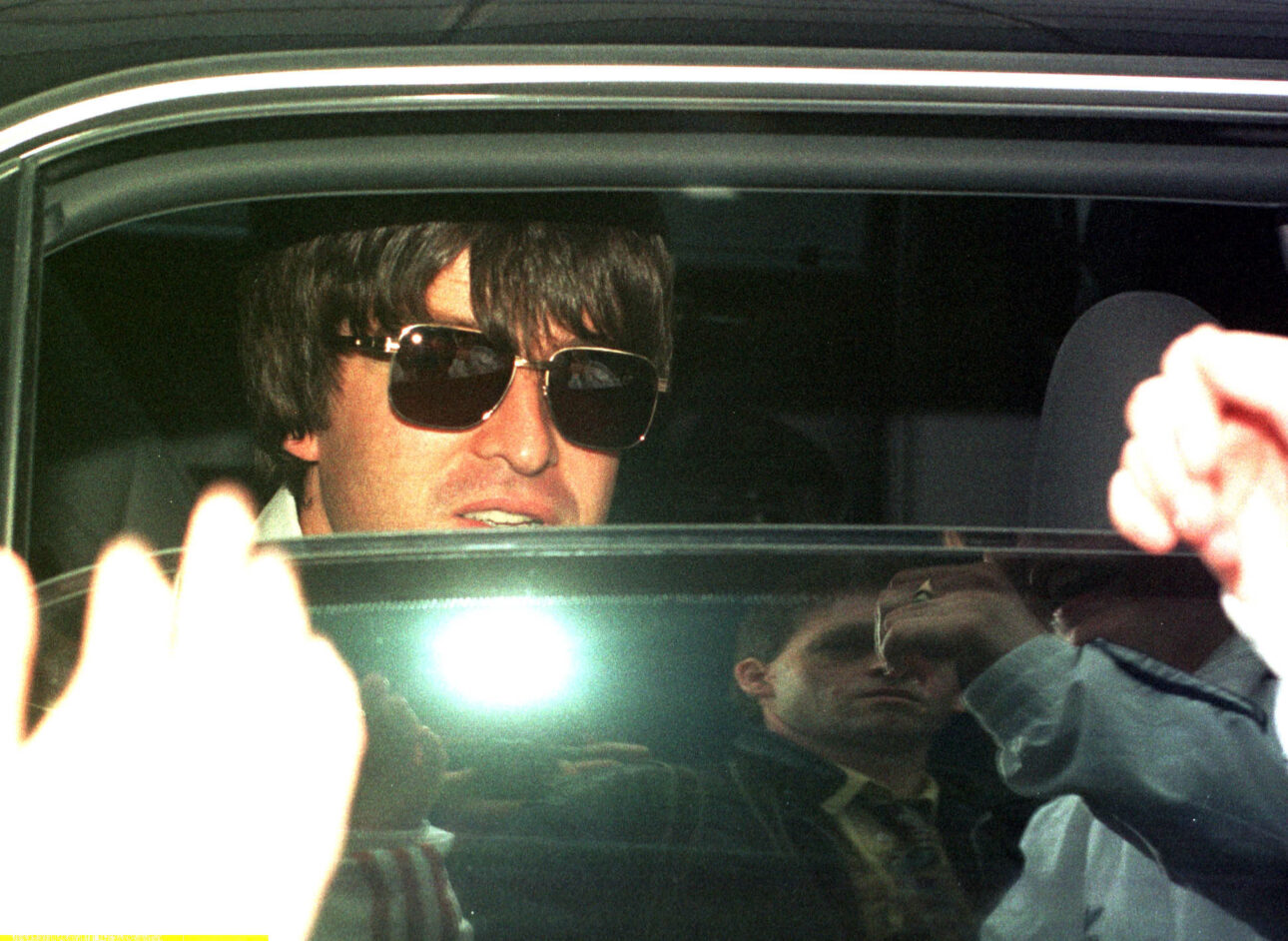

Driving and Crying
In his youth, Queens-based DJ Ben Breier (aka David Lunch) racked up a collection of speeding tickets. “I had quite a few points on my license,” he tells me in a tone that’s not exactly bragging, but also isn’t not bragging. Breier distinctly remembers getting one ticket in Ohio while listening to Third Eye Blind’s two-minute-long banger “Anything” on repeat, “screaming at the top of my lungs about Jackie O.” (I promise this makes sense in the context of 3EB’s lyrical output.) “That song just rips,” he says. “It just does.”
“Anything”—along with “Glass Danse” by the Faint, “Sweetness” by Jimmy Eat World, and “Top Back” by T.I.—were Breier’s “songs to go fast to”; the tracks he chose to put on “if I’m about to rip shit on the freeway,” he says. Breier theorizes that he’s more likely to get pulled over when listening to “nostalgic” songs, music that makes it easy to zone out, to forget oneself.
Being focused more on one’s inner state than on the realities of the road often correlates with breaking traffic laws. In 2002, Lauren Morrill, author of More Than a Feeling, was driving from Tennessee to Georgia, “angrily singing along” to Fiona Apple after a recent breakup. Morrill was going so far over the speed limit that the cop who pulled her over told her, “This should’ve been a reckless driving ticket, but I don’t think your daddy’s insurance could handle it.” When Morrill thinks about the encounter now, what she remembers is that she didn’t cry in front of the officer. “Fiona Apple would have been proud of me for that,” she says.
When writer Ben Bayer was a college sophomore, he got pulled over in Appleton, Wisconsin, while listening to Aqua’s “Barbie Girl.” “I have a soft spot for bad techno music,” he says. “It’s almost certainly listening to the song that caused me to speed. I was probably going 10 miles over the speed limit because I was jazzed up by the song. I was probably singing along.” Bayer now forever associates the song with the ticket, which means that the omnipresence of the Barbie movie weighed heavier on him than on most of us.
Anecdotally, speeding seems encouraged by rock, pop, and hip-hop often—but not exclusively. “I’ve heard every possible genre,” shares one police officer. “Even had one lady listening to gospel that said, ‘I’m sorry sir, I was just getting my Jesus on.’”
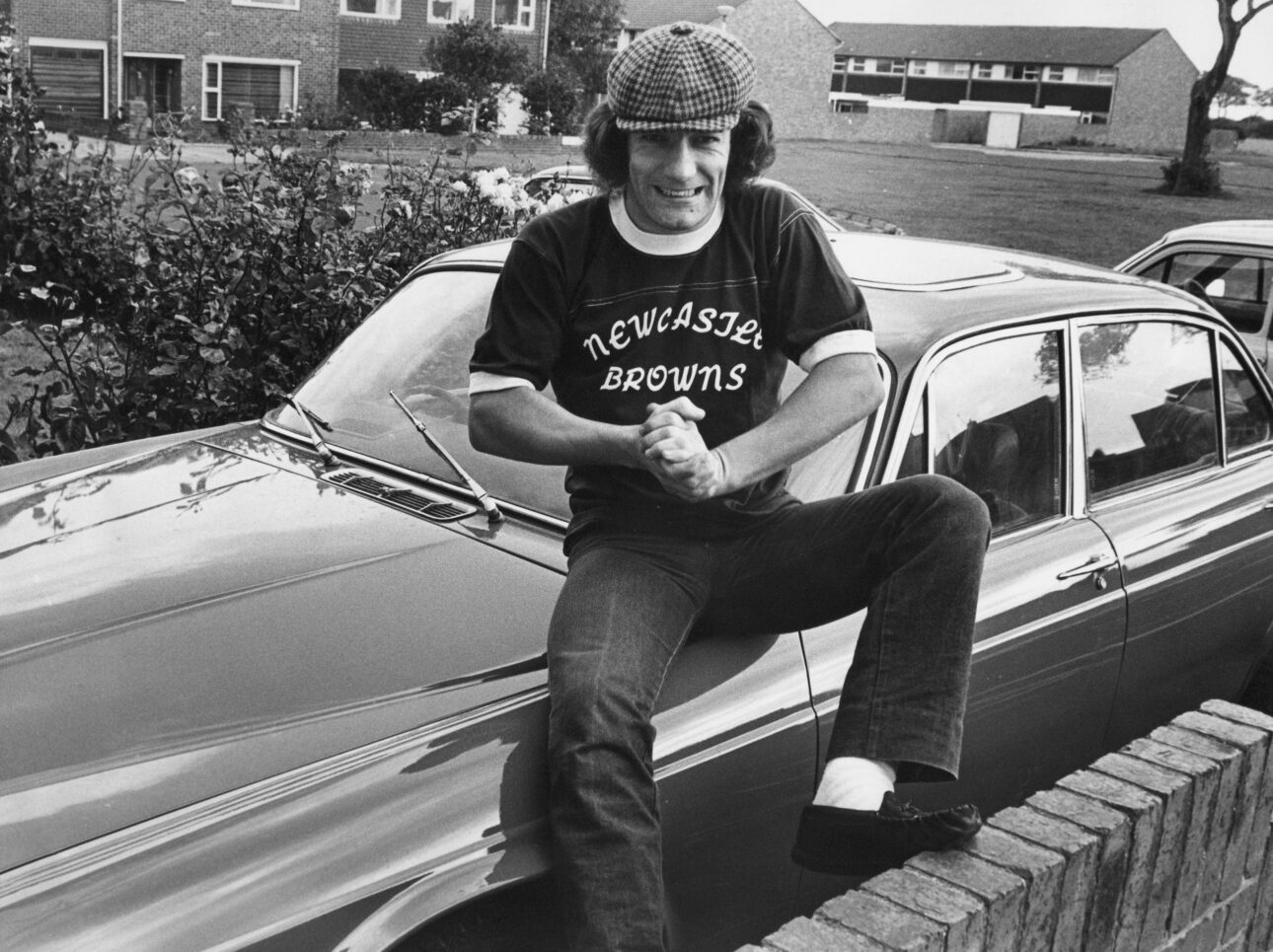

Blame It on the Boogie
A motorist in the U.K., Luke Mitchell, was pulled over for speeding to Andrew W.K.’s “Music Is Worth Living For.” This seems reasonable; like most of A.W.K.’s oeuvre, that song goes hard. When Mitchell tweeted about his brush with the law, the King of Partying himself offered to pay the £100 ticket, since he was responsible for the “the sonic party power that caused you to speed.”
I assume A.W.K. must be uncommonly generous. Tom Cochrane can’t pay off the tickets for everyone caught speeding to “Life Is a Highway,” right? He’d go bankrupt. Can you imagine his monthly budget? It would be like “$5,000 mortgage; $1,000 food; $500 entertainment; $800,000,000 paying off speeding tickets that strangers get while listening to ‘Life Is a Highway.’”
Mötley Crüe has also received social media blame for a listener’s speeding ticket, but as far as I’m aware, they did not offer to cover the driver’s $639 ticket for going 145 down the highway. (Before you gasp too loudly over these numbers, I’ll admit that this incident happened in Canada, and the exchange rate on both dollars and kilometers makes it all a bit more reasonable.) What’s delightful about this anecdote is that, when the driver told the cop that he was speeding because he was listening to “Kickstart My Heart” on the radio, the cop volunteered that he was also listening to “Kickstart My Heart” on the radio. Cops! They’re just like us! Sort of!
I do think it’s a bummer that being mutual members of the Crüe Crew didn’t motivate the officer to let that guy go with just a warning. Personally, if I were a police officer, I’d let off any drivers listening to songs I like. (This is one of many reasons why I am not a police officer.) But every cop I spoke to for this story swears not to do this. One says summarily that, in all the times he’s pulled over drivers, “The song was never so good as to evade a citation.”
By that same token, cops also say they won’t give out speeding tickets just because they don’t like a driver’s music. “The music they’re listening to wouldn’t have any impact on whether or not I’m going to let them off with a warning,” says a former deputy sheriff in Dallas. Whether these claims are true or whether police officers just don’t want to admit how biased law enforcement is, I do not know.
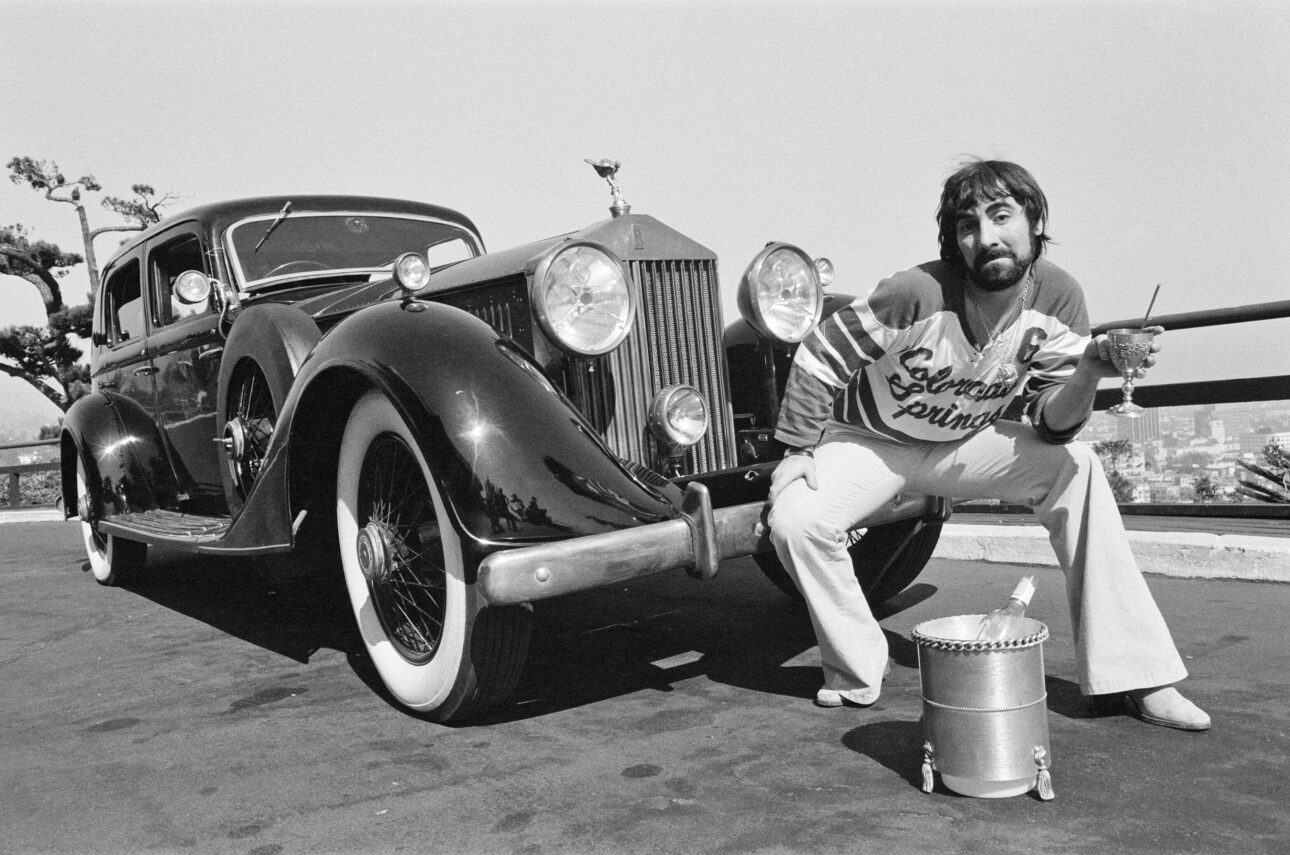

Show Me Your License and Your Playlist
Not all cops are immune to the power of music. A Quora user tells the story of speeding to AC/DC’s “Shoot to Thrill” on the radio. The California Highway Patrol officer who pulled him over quizzed him about what album the song was on. When the driver answered correctly, the cop said, “Great song, I was listening to it as well,” and let him go free. Wayne Willingham, now 71 and himself a musician, recounts a sunny day in the mid-1990s when he got caught speeding to Tom Petty and the Heartbreakers’ “American Girl.” When Willingham confided in the cop that he let the tunes carry him away, he got away with a warning.
Some traffic cops even get song recommendations from the drivers they pull over. Retired police officer David Wilson says that, while he’s never let anyone off because he liked their musical selections, “I have asked, after writing the citation or while conversing with the driver, what they were listening to if it was an artist I was not familiar with. That is what got my music collection expanded—presently at over 2,000 albums.”
And yes, some cops will judge you for what you’re listening to. An ADA recalls an occasion when he was reviewing body cam footage in which the driver was listening to the Weezer song “Say It So,” as covered by Carl from Jimmy Neutron. “It single-handedly added a new song to my playlist, and scarred me for life,” he says. Having now listened to the first 10 seconds, I feel similarly.
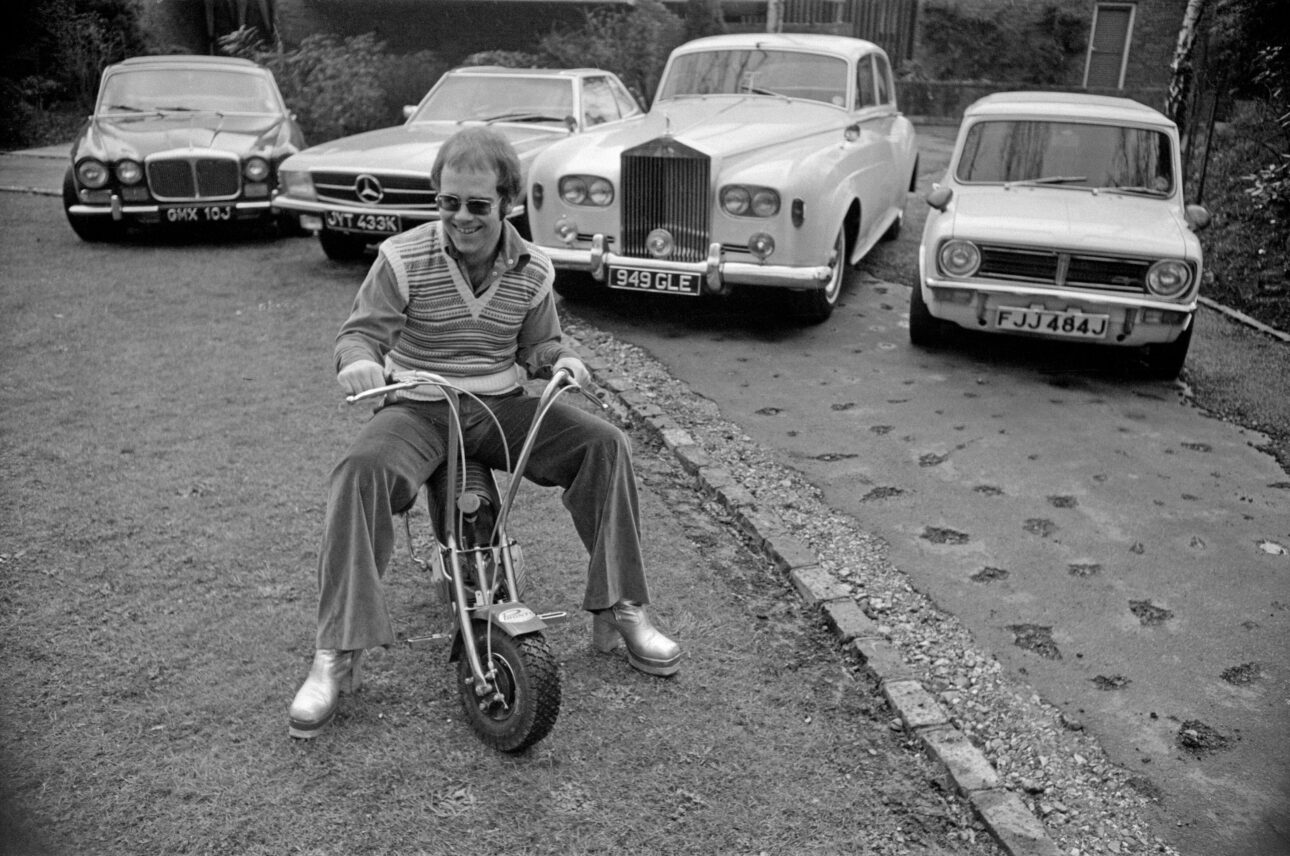

I Fought the Law (and You Know How That Turned Out…)
Brian Pennington, DJ, web developer, and also my husband, got pulled over in West Virginia in the late 1990s for speeding to—this is true—“I Fought the Law,” as covered by the Clash. My husband-to-be did not, in that moment, fight the law. He paid the ticket. (He adds that he was listening to this song because it was on a mixtape made for him by Ken Maiuri, who would later go on to play keyboards in the B-52s. Basically what I’m insinuating is that this whole situation was the B-52s’ fault.)
From “I Fought the Law,” it’s just a small hop over to N.W.A.’s “Fuck tha Police.” How do our ticket-giving overlords feel about that one? One LAPD officer tells the story of a driver who started playing this anti-cop anthem after getting pulled over for speeding; the officer retaliated by writing up the driver for every equipment violation he could find. I guess that’s what happens when you fight the law. (The law wins, in case you can’t consult a copy of Ken’s mixtape.)
But some cops are into it! A retired Deputy Chief says that the first time he ever heard “Fuck tha Police” was when he pulled over a car whose driver was playing it in the late 1980s. He asked the driver to show him the cassette… and then went out the next day and bought himself a copy. After that, he says, “I proceeded to play it over my loudspeaker when going into high crime and drug areas like ‘The Ride of the Valkyries’ in Apocalypse Now.”
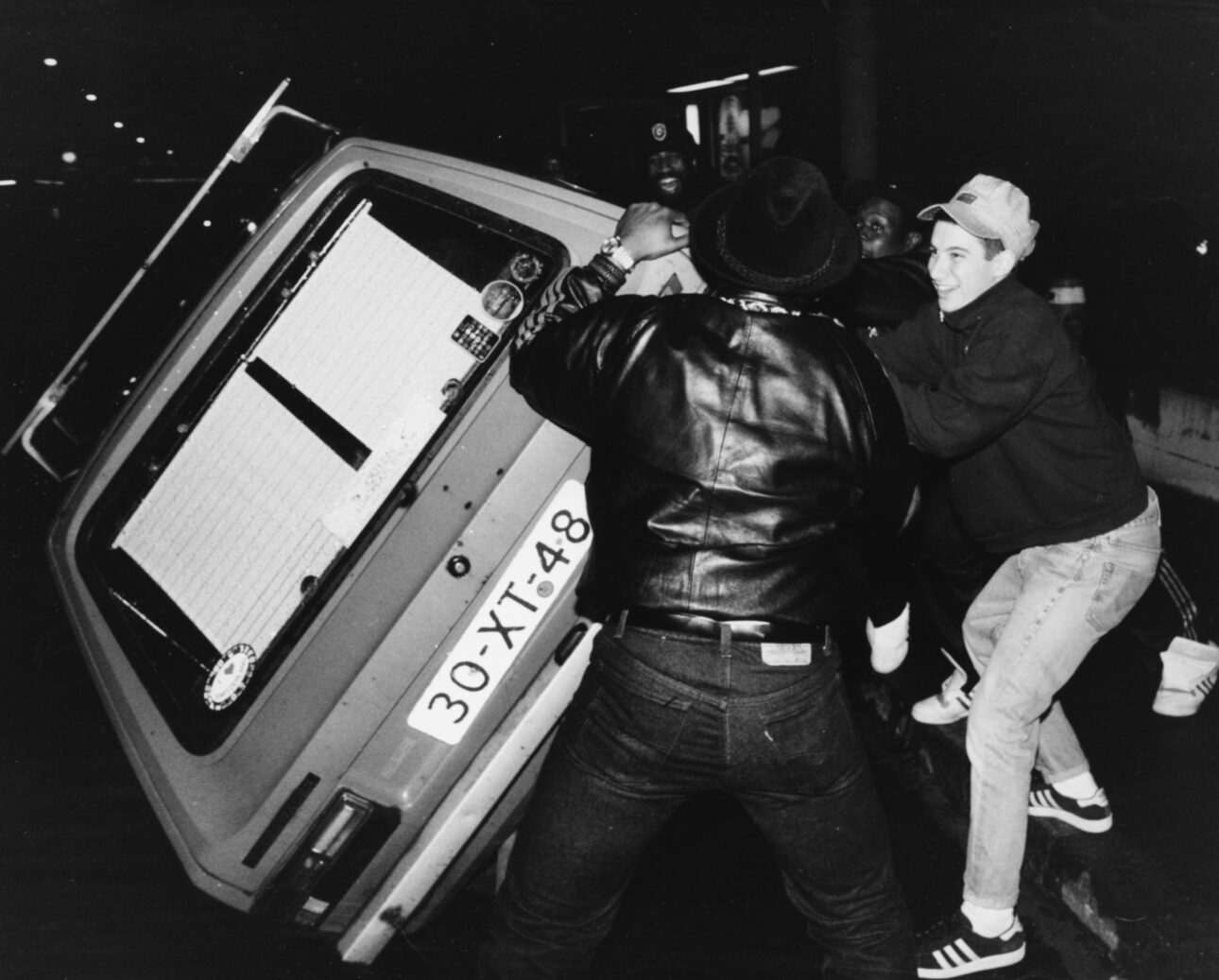

Why We Can’t Drive 65
David McNichols, a retired police officer in Minnesota, observed one pattern: Twice he pulled over drivers who were rocking out to “Mony Mony,” and both times they credited the song with their speed. McNichols let them go with warnings, not because he’s such a huge “Mony Mony” fan (to be fair, I don’t know that he’s not a “Mony Mony” fan; we didn’t discuss that), but rather because, he says, “I believe that traffic enforcement is about changing behavior, not revenue collection.” The most important question, of course, is: Tommy James version or Billy Idol version? (McNichols thinks it was the Billy Idol version, which checks out, as Idol’s recording is both more popular and slightly faster than the Tommy James original.)
A 35-year-old production manager in Nashville shares a personal pattern: He says there was a six-month period in the mid 2000s when he got pulled over twice while listening to Switchfoot’s “The Beautiful Letdown.” “My instinct was to stop listening to Switchfoot while driving,” he says, “but I ended up just slowing down.”
Austin resident Serena Hon tells the story of getting pulled over while listening to Rascal Flatts on her drive home from medical school. “I silenced Rascal Flatts,” she says. “I was like, ‘Shut up, Rascal, you are not part of this.’” But she’s fairly sure the traffic cop heard what she was playing before she turned it off, which was, she says, “triply mortifying.” Ever since, Hon says, “I cannot listen to Rascal Flatts anymore. I’m just transported back to the dead of December, icy roads, state troopers, and the seventh level of shame.”
Which Rascal Flatts song was she listening to that fateful day?
None other than their cover of “Life Is a Highway,” of course.
“Life is, in fact, not a highway,” Hon reports feeling at the time. “I want off.”

